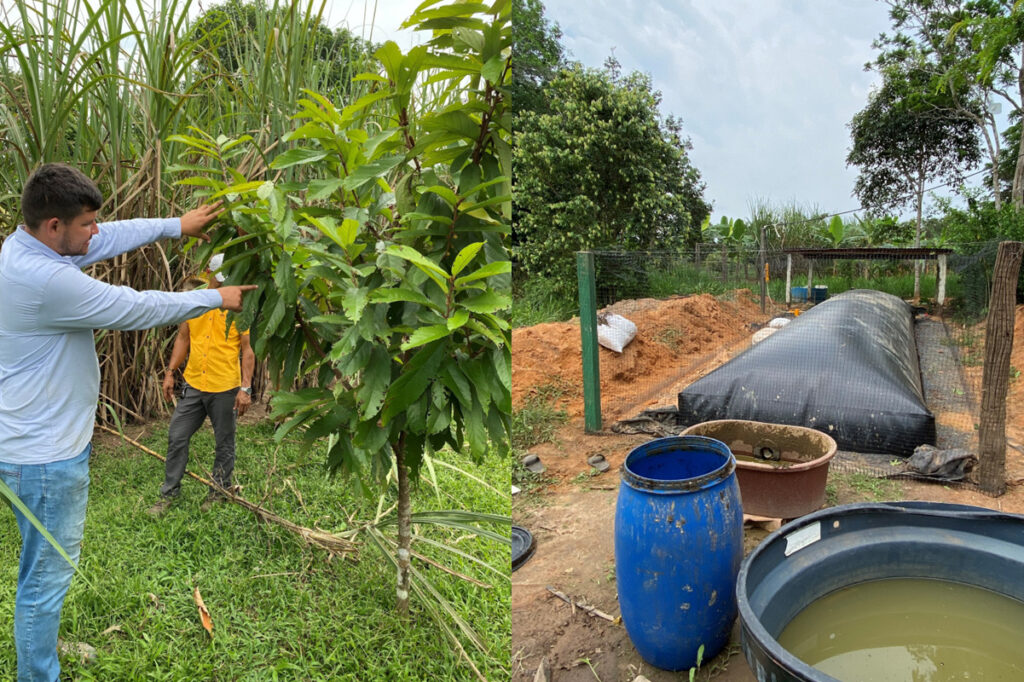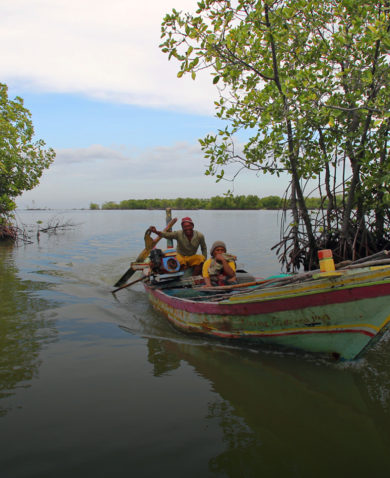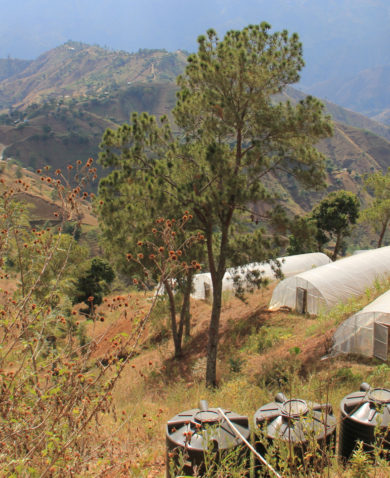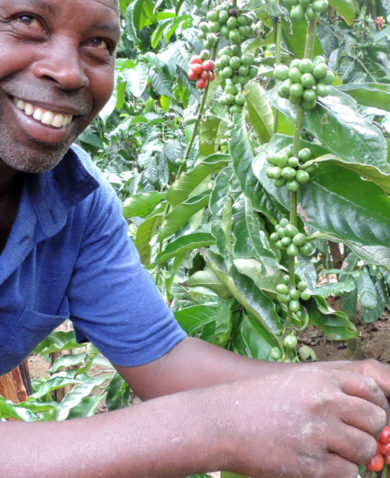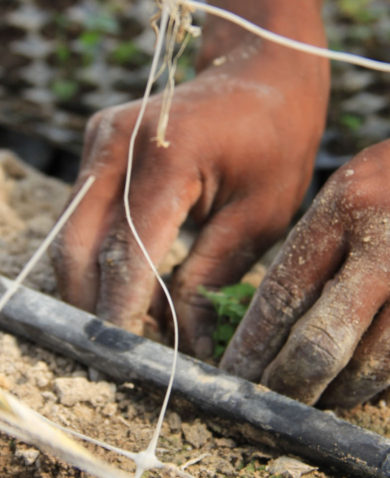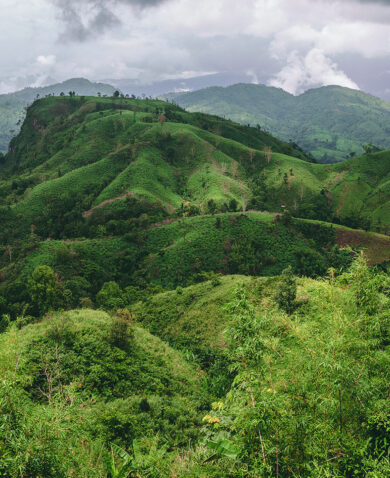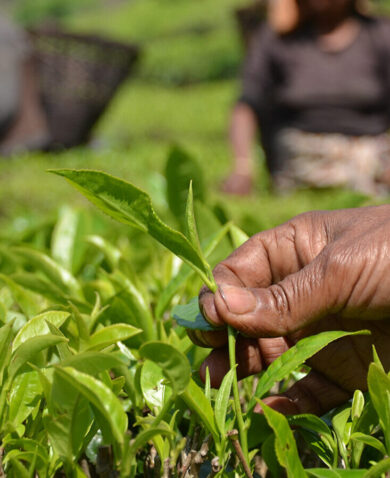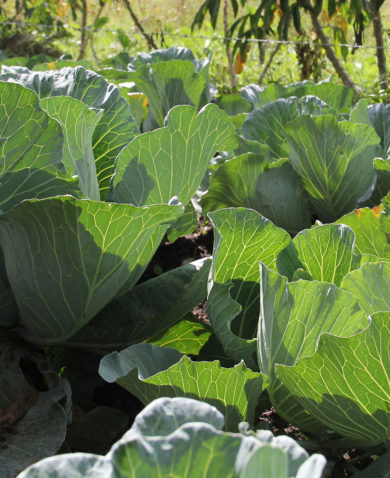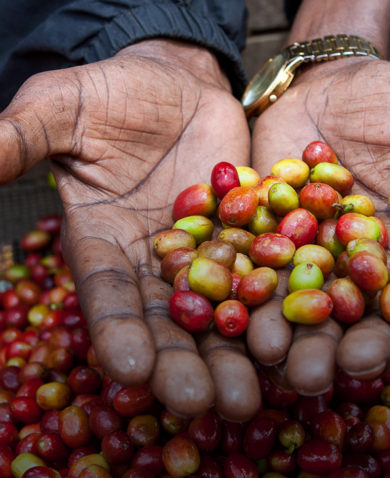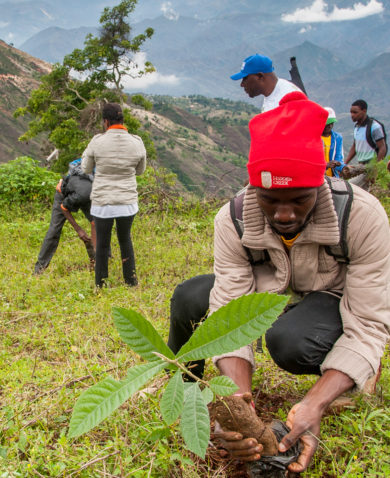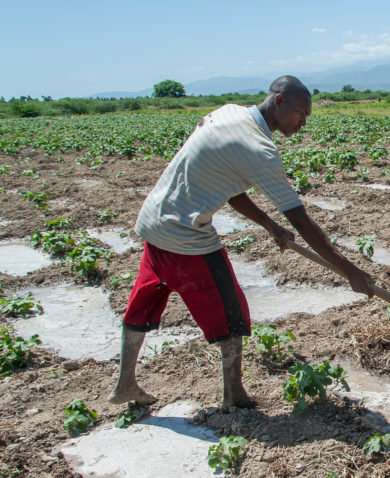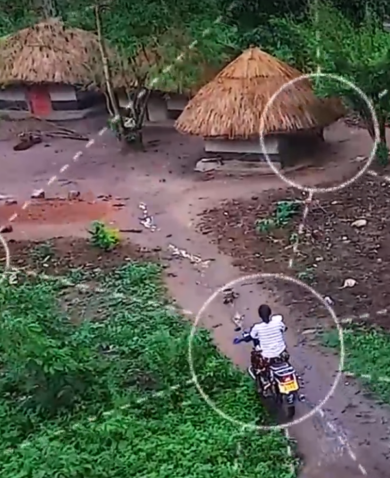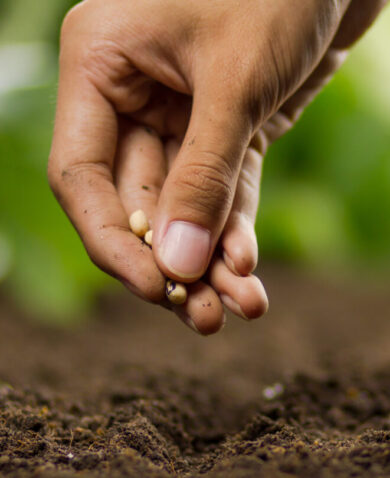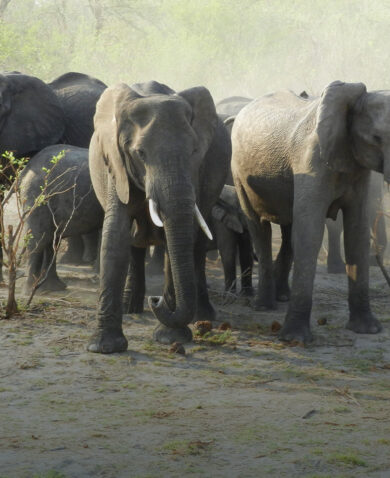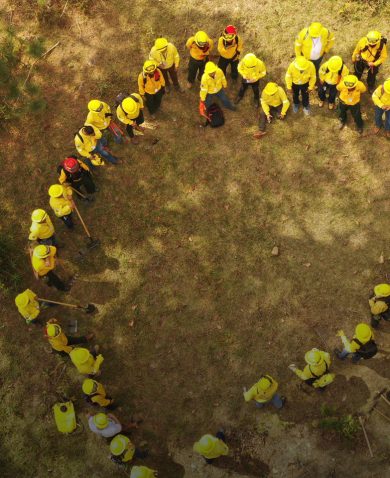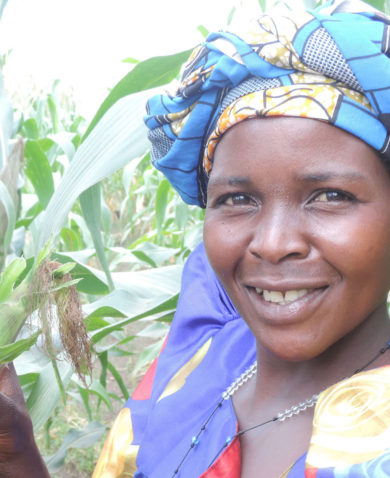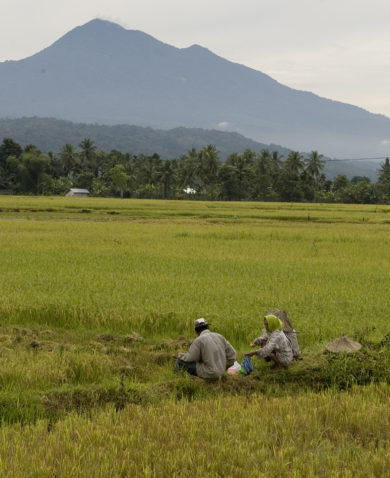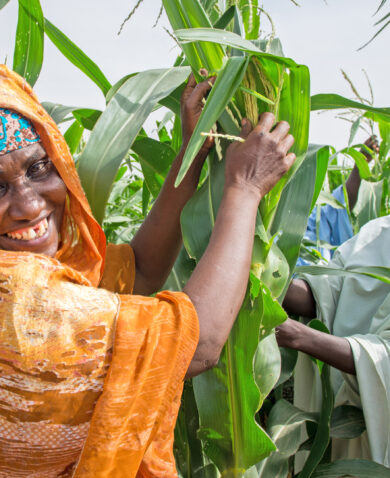Many challenges remain however, particularly in terms of gaining access to regional, national, and international markets for sustainable Amazon products. For example, the ComGuaviare cooperative does not have the required certifications for some of their goods, which limits their access to markets. Unfortunately, the current process for certification can be prohibitively expensive and access to finance is difficult for many producers in the Amazon region. Small scale producers like Víctor at ComGuaviare also face international and regional competition, including from larger manufacturers of Amazon products in Brazil. Therefore, local farmers and business owners, including those from indigenous communities, need technical assistance, innovative financing support (potentially through carbon or biodiversity credit schemes), and better connections with consumers and the private sector to be able to maximise the benefits of their sustainable crops.
To confront these challenges, dialogue between different actors, including government, indigenous communities, and international donors is essential. At an event in Bogotá, Chemonics convened indigenous representatives from OPIAC (Organización Nacional de los Pueblos Indígenas de la Amazonia Colombiana), Colombia’s Ministry of Environment and Sustainable Development, and international donors, including the UK, Germany, and Norway to discuss possible solutions. Participants explored how we can support the Government of Colombia to coordinate the development of sustainable value chains for Amazonian products, implement policies to protect the environment and improve forest management, and work together to maximise the impact of future donor-funded initiatives.
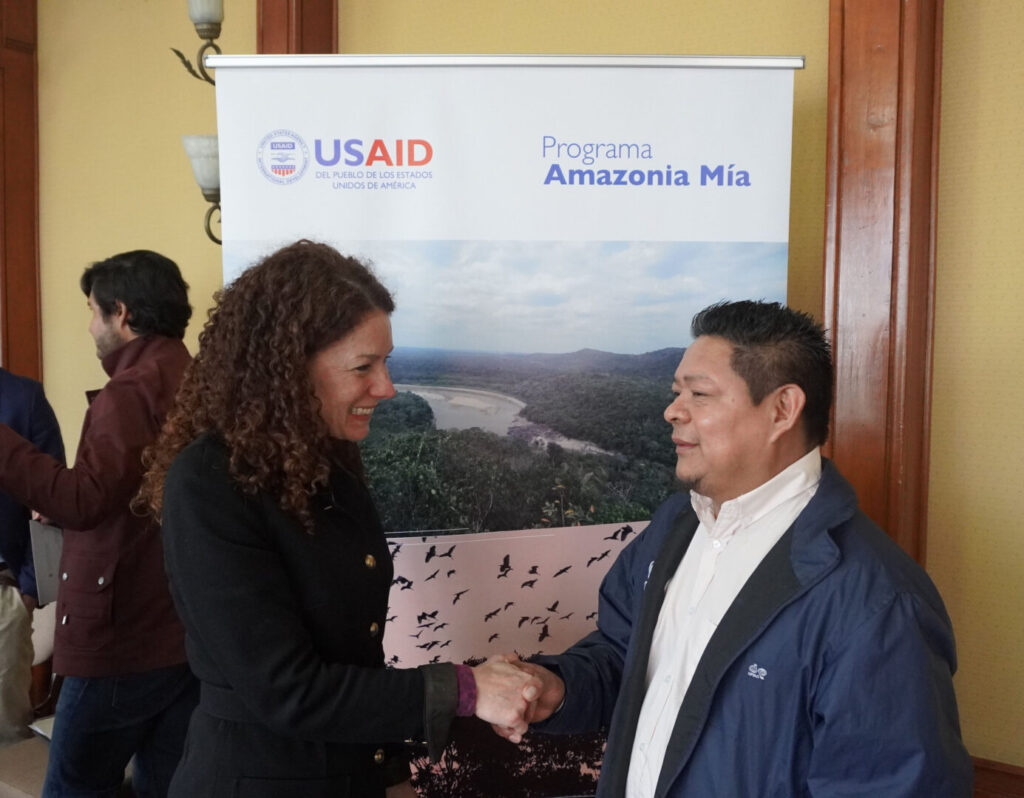
Pictured: An indigenous representative from OPIAC (Organización Nacional de los Pueblos Indígenas de la Amazonia Colombiana) and Louise Quy (Managing Director, Chemonics UK) at a stakeholder event convened by Chemonics in Bogotá.
The need for indigenous communities to be more engaged with local government officials and closer to the development of policy was also raised – as currently many communities, particularly in the Amazon’s deforestation hotspots, are cut off from political and development processes. To tackle this, government and donor funded interventions need to be co-designed and administered by local communities to increase local ownership, identify priority needs, and develop skills. If empowering local communities is one key to success, another is linking the private sector and established markets with small-scale Amazon producers. As only through these connections can we achieve the sustainable economic activity that will ensure food security and prosperity in the Amazon, while protecting the forests and their biodiversity, and helping to mitigate the potentially devastating effects of climate change.
Banner image caption: Víctor discussing the challenges that ComGuaviare faces with representatives from the Chemonics team.
Posts on the blog represent the views of the authors and do not necessarily represent the views of Chemonics.


